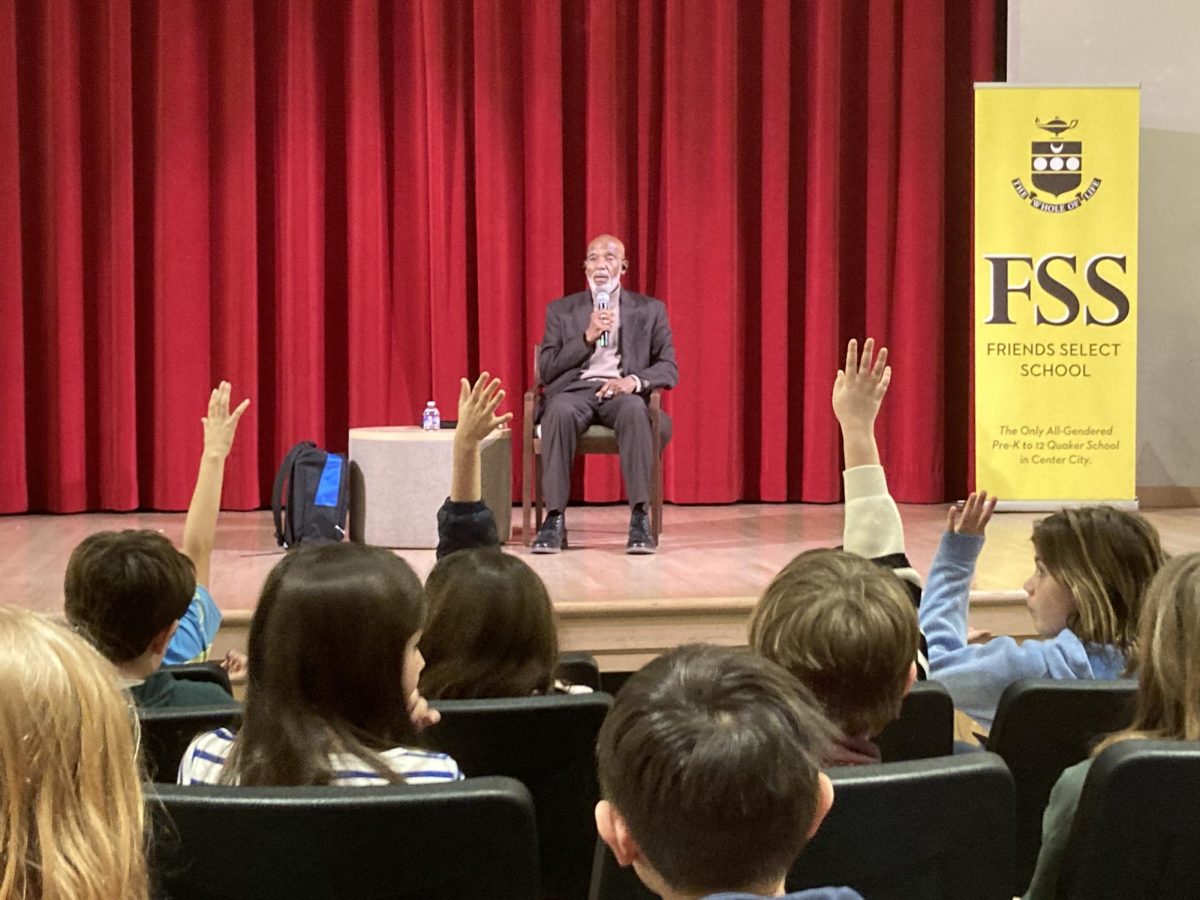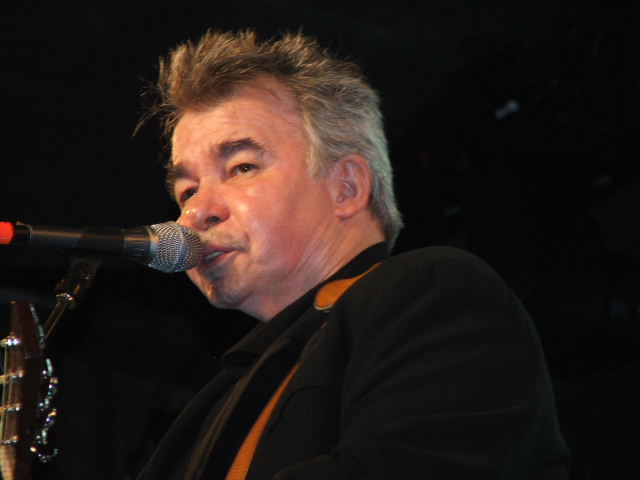Please Don’t Bury Me: On the Empathy of John Prine
Most would not have predicted the overwhelming response to John Prine’s death. The songwriter, who first came into the consciousness of music fans after quitting his job as a mailman to record his eponymous 1971 debut album, died of COVID-19 on April 7th. Following the usual obituaries (the New York Times obit called him the songwriter “who chronicled the human condition”) and social media recognition, the music community offered an outpouring of tributes and gratitude for the singing mailman who never became particularly famous. Bruce Springsteen called Prine “a national treasure” on a recent appearance with Stephen Colbert. NPR and Rolling Stone each put together their own tributes to Prine, featuring emotional performances from artists as prominent as Wilco’s Jeff Tweedy. Viagra Boys collaborated with Amyl and the Sniffers on a cranked-up, goofy version of “In Spite of Ourselves,” which turned out to be my favorite of these covers. Dave Matthews, Joan Baez, Brandi Carlile, and Philly’s own Kurt Vile also uploaded their own performances of John Prine’s music.
Ask any of the artists above what makes Prine’s songwriting so immersively spell-binding and they’ll be sure to mention his lyrics. Just as likely to have you sobbing as to make you cry laughing, Prine’s writing is somehow both whimsical and quotidian. His portrayals of the everyday are fantastical, and his depictions of the exceptional are level-headed and matter of fact, delivered in a straight-from-the-shoulder tone over proficient (but never ostentatious) guitar work. Even more profound than the lyrics is the empathy that Prine conveys. Despite possessing plenty of song-worthy stories of his own, Prine often chooses to write from the point of view of someone with a life totally unlike his own — a elderly woman trapped in a bad marriage, a lonely old man with no one left to talk to, a veteran who dies of an overdose after coming home from war — and deftly captures their story with unmatched insight.
How could I even choose just one John Prine song to illustrate his songwriting? I might recommend “Sam Stone,” the first song of Prine’s I ever heard, and perhaps the best of his heavy-hearted songs, which had me in tears by the chorus of my first listen. On the other end of the spectrum are the love songs. Prine takes the most unromantic moments of romantic life and speaks of them with so much affection that they become extraordinary all over again. Unlike the vast majority of the innumerable love songs written before and after Prine’s time, these don’t gloss over trouble or imperfection, instead approaching love with devotion disguised under humor and more than a couple slyly delivered dirty jokes. Of these, the 1999 duet “In Spite of Ourselves” stands out, with charming turns of phrase like… well, none of the best ones are mentionable here, you’ll just have to go listen yourself.
There’s also the political Prine, forever as tongue-in-cheek as he is sincere while singing lines like “but your flag decal won’t get you into Heaven anymore/They’re already overcrowded from your dirty little war,” an antithesis to Merle Haggard’s patriotic outlaw hit “The Fightin’ Side of Me,” released the year before. Through it all, though, Prine remains an optimist. He espouses forgiveness over the prettiest, simplest, finger-picked chords on “Fish and Whistle.” His take-it-as-it-comes attitude, everywhere in his songwriting, is summed up most beautifully in “That’s the Way the World Goes Round” — “you’re up one day, the next you’re down/It’s half an inch of water and you think you’re gonna drown/That’s the way that the world goes ’round.” What I can’t stress enough is the thread running through all these songs: Prine’s authentic admiration of the human condition.
Perhaps the best song with which to reflect on Prine’s life is “Please Don’t Bury Me,” off his phenomenal 1973 album, Sweet Revenge. In this song, the 27-year-old Prine jovially sings about his own death. When he gets to heaven, angels tell him that his last words read as follows:
“Please don’t bury me/Down in the cold cold ground/No, I’d rather have ’em cut me up/And pass me all around/Throw my brain in a hurricane/And the blind can have my eyes/And the deaf can take both of my ears/If they don’t mind the size.”
Please Don’t Bury Me, John Prine, 1973
Even in a time marked by separation and isolation in the grips of the disease that took John Prine, his pseudo-last words have come true. The tributes to Prine in the months after his death, usually expected only for artists with triple his listeners on Spotify, have shown that Prine’s golden character, perceptiveness, and sly streak of humor have brought people together even from beyond the grave. The old, cliché Lesser Free Trade Hall anecdote — the one about how there were only a few people in the audience when the Sex Pistols played that hall in 1976 but every single one of them formed a band afterward — comes to mind. It seems as though everyone who has heard John Prine has tried to write a song of their own. Or at the very least, they’ve tried to think a little more like him.
























Al Robertson • Jun 18, 2022 at 11:51 AM
Prine’s writing has had a strong influence on my feeble efforts at songwriting, Singing about a personal experience seems to produce the best lyrics.